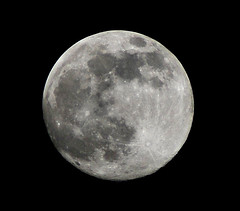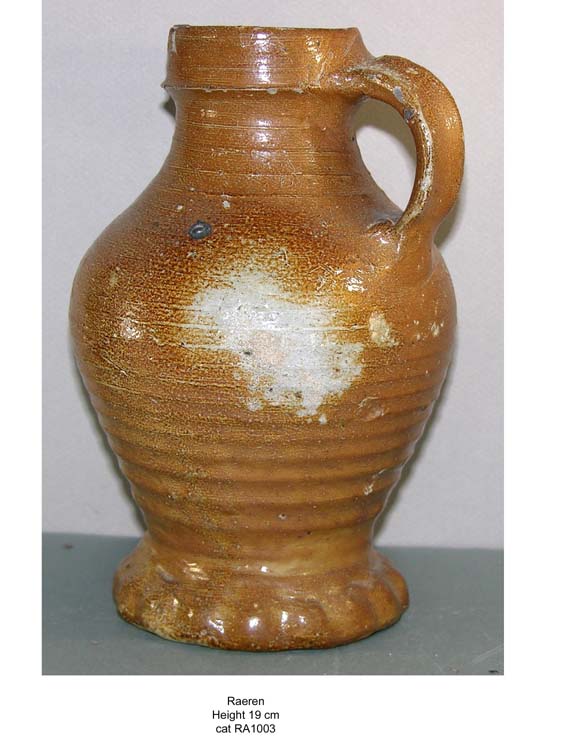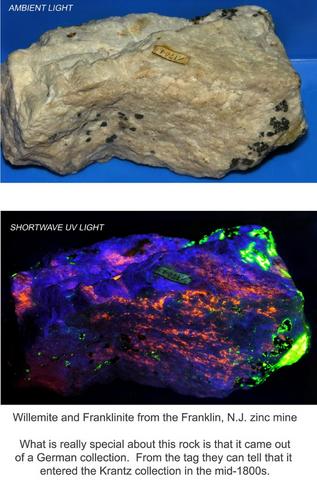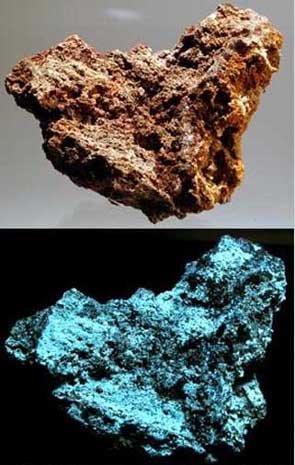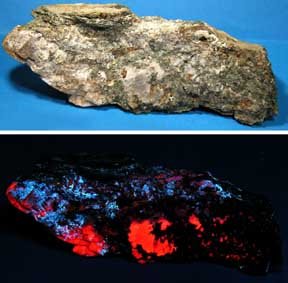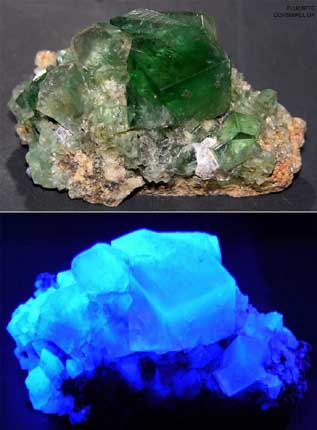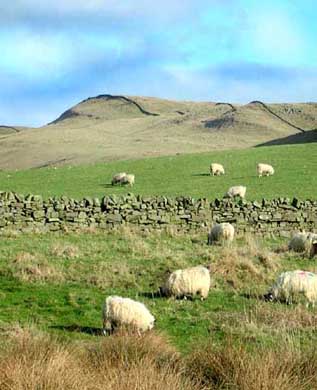Pomegranate Juice
-
The BBC today reported on a UCLA study that found drinking one 8 oz glass of pomegranate juice (punica granatum) per day can greatly slow down the growth of prostate cancer. I have confidence that the UCLA report is unbiased, but it bears mentioning that the research was funded by a food company which makes pomegranate juice.

It is a real shame that this stuff is so dogone expensive!
LINK: http://news.bbc.co.uk/2/hi/health/5132546.stm
-
POM: http://www.pomwonderful.com/ -
-
Wiki: http://en.wikipedia.org/wiki/Punica_granatum
-
-
From Wikipedia:
-
CULINARY USE: After opening the pomegranate by scoring it with a knife and breaking it open, the arils (seed casings) are separated from the skin (peel) and internal white supporting structures (pith and carpellary membrane). Separating the red arils can be simplified by performing this task in a bowl of water, whereby the arils will sink and the white structures will float to the top. The entire seed is consumed raw, though the fleshy outer portion of the seed is the part that is desired. The taste differs depending on the variety of pomegranate and its state of ripeness. It can be very sweet or it can be very sour or tangy, but most fruits lie somewhere in between, which is the characteristic taste, laced with notes of its tannin.
-
Pomegranate juice is a popular drink in the Middle East, and is also used in Iranian and Indian cuisine; it began to be widely marketed in the United States in 2002 [12]. Fresh pomegranate arils are used in preparation of curd rice (Telugu: Dadhojanam) in Andhra Pradesh in India. Pomegranate concentrate is used in Syrian cuisine. Grenadine syrup is thickened and sweetened pomegranate juice; it is used in cocktail mixing. Before the tomato arrived in the Middle East, grenadine was widely used in many Persian foods; it can still be found in traditional recipes such as fesenjan (a thick sauce made from pomegranate juice and ground walnuts, usually spooned over duck or other poultry and rice) and ash-e anar (pomegranate soup) [13].
-
Wild pomegranate seeds are sometimes used as a spice, known as anardana (which literally means pomegranate (anar) seeds (dana) in Persian), most notably in Indian and Pakistani cuisine but also as a replacement for pomegranate syrup in Persian and Middle Eastern cuisine. As a result of this, the dried whole seeds can often be obtained in ethnic markets. The seeds are separated from the flesh, dried for 10–15 days and used as an acidic agent for chutney and curry production. The seeds may also be ground in order to avoid seeds becoming stuck in the teeth when eating dishes prepared with them. The seeds of the wild pomegranate daru from the Himalayas is considered the highest quality source for this spice.
-
In Armenia and the Caucasus, pomegranate (Armenian: nur) is used in a variety of ways, notably as pomegranate juice. [12] In Turkey pomegranate sauce, (Turkish: nar ekşisi) is used as a salad dressing, to marinate meat, or simply to drink straight. Pomegranate seeds are also used in salads, in Muhammara (Turkish Walnut Garlic Spread) and in Güllaç, a famous Turkish dessert. In Azerbaijan and Armenia, pomegranate is also used to make high-quality wine which is successfully exported to other countries.
-
In Greece, pomegranate (Greek: ροδι, rodi) is used in many recipes; such as kollivozoumi, a creamy broth made from boiled wheat, pomegranates and raisins; legume salad with wheat and pomegranate; traditional Middle Eastern lamb kebabs with pomegranate glaze; pomegranate eggplant relish; avocado and pomegranate dip; are just some of the dishes it is used in culinary. Pomegranate is also made into a liqueur and popular fruit confectionery that can be used as ice cream topping, or mixed with yogurt, and even spread as jams over toast for breakfast.
-
-


